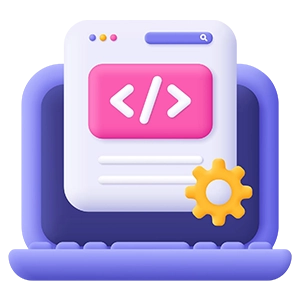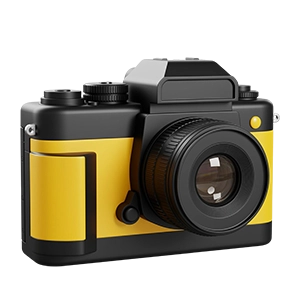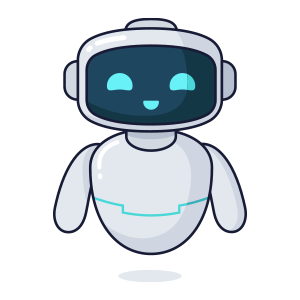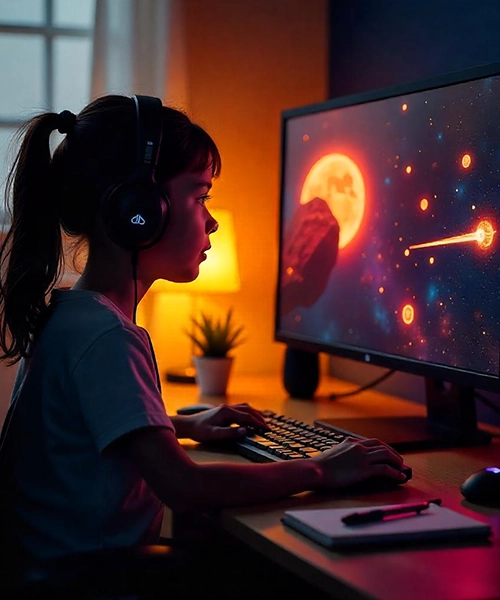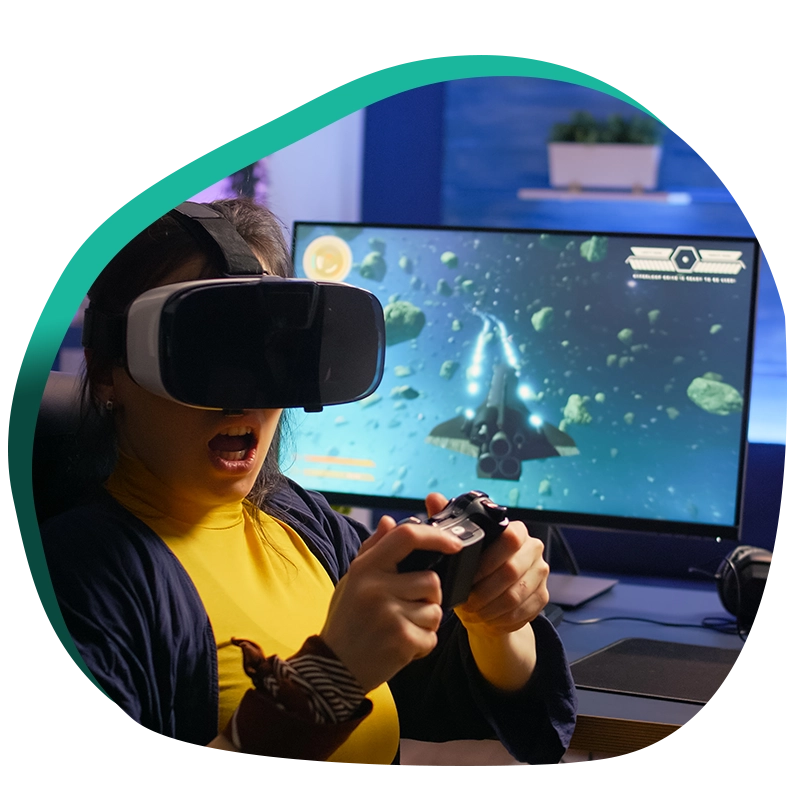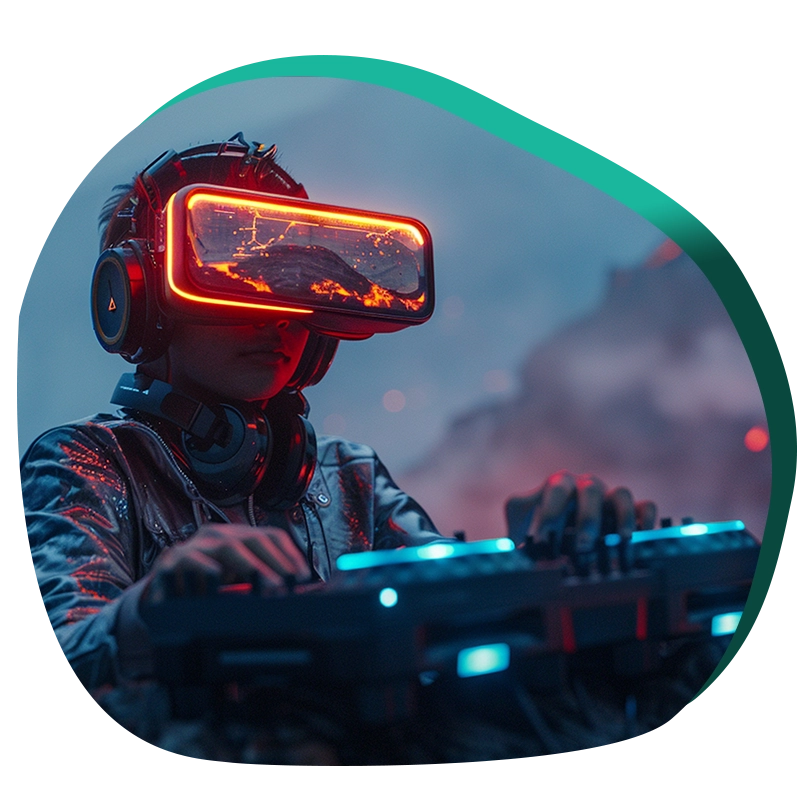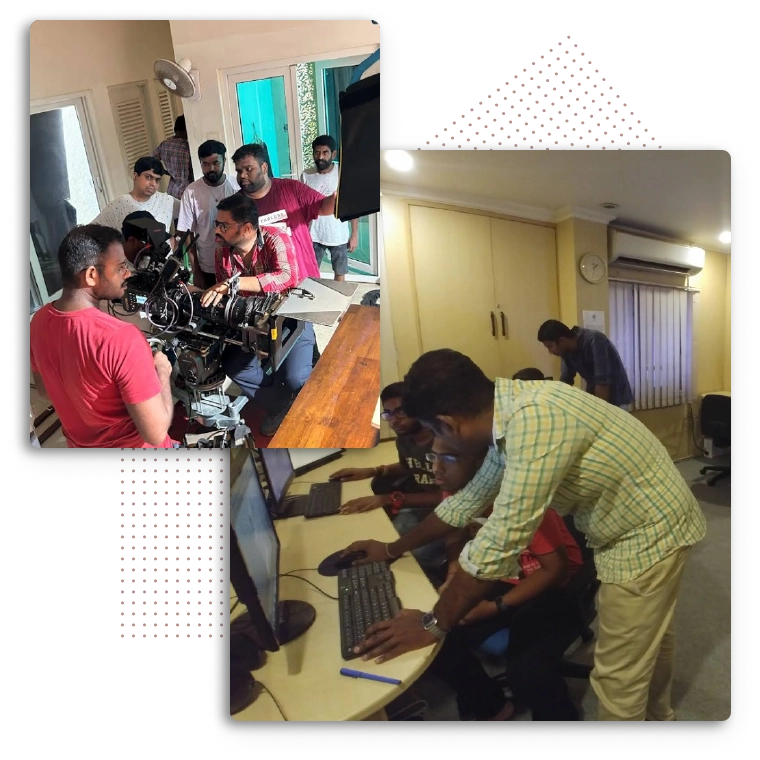No products in the cart.
Return To Shop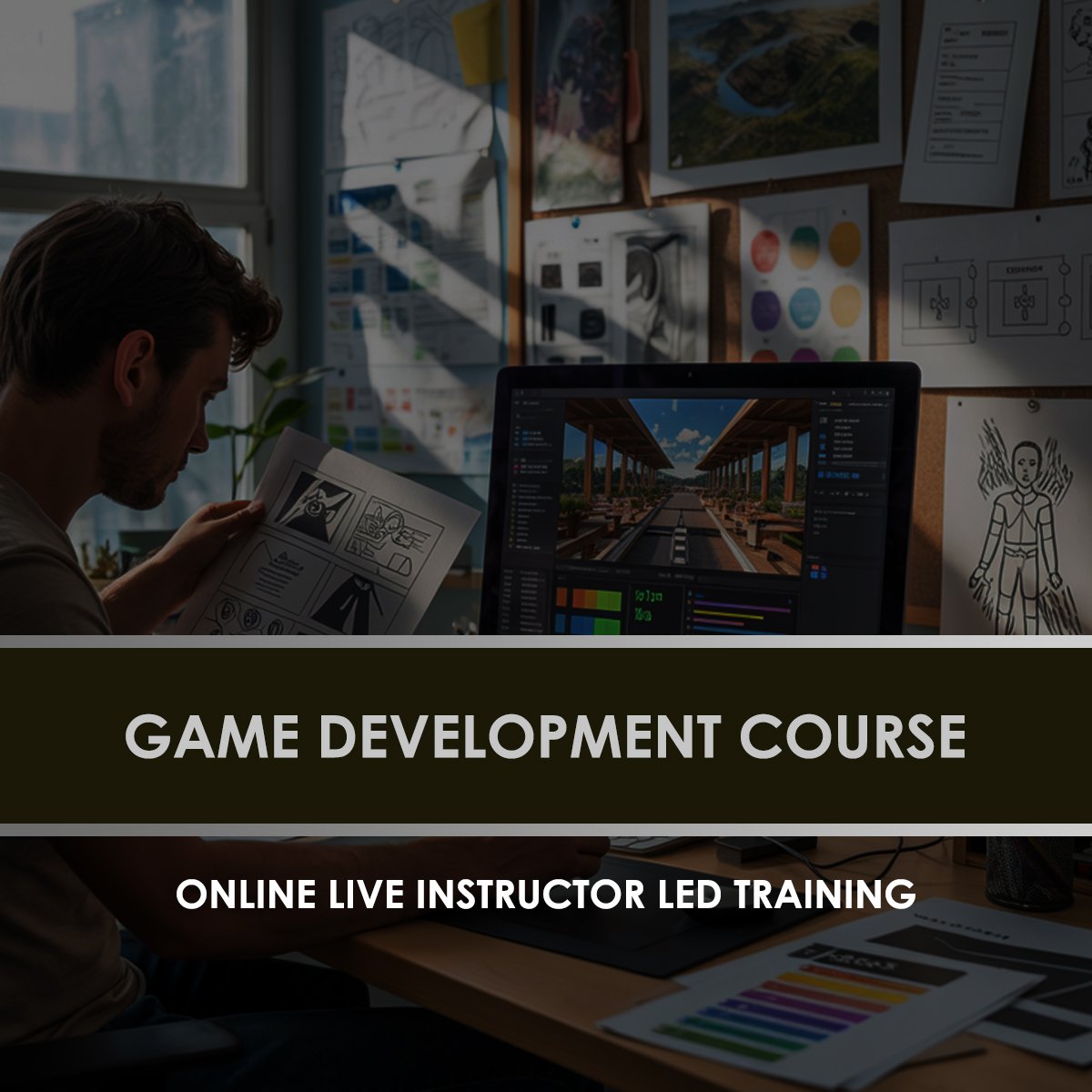

Home » GAME DEVELOPMENT COURSE
Best Game Development Courses in Chennai – Learn to Build Video Games from Scratch
Create interactive, visually stunning games for PC, mobile, and console using Unity and Unreal Engine. Design game mechanics, characters, environments, and UI/UX. Perfect for beginners and aspiring developers looking to launch a creative career and build a future-ready game portfolio.


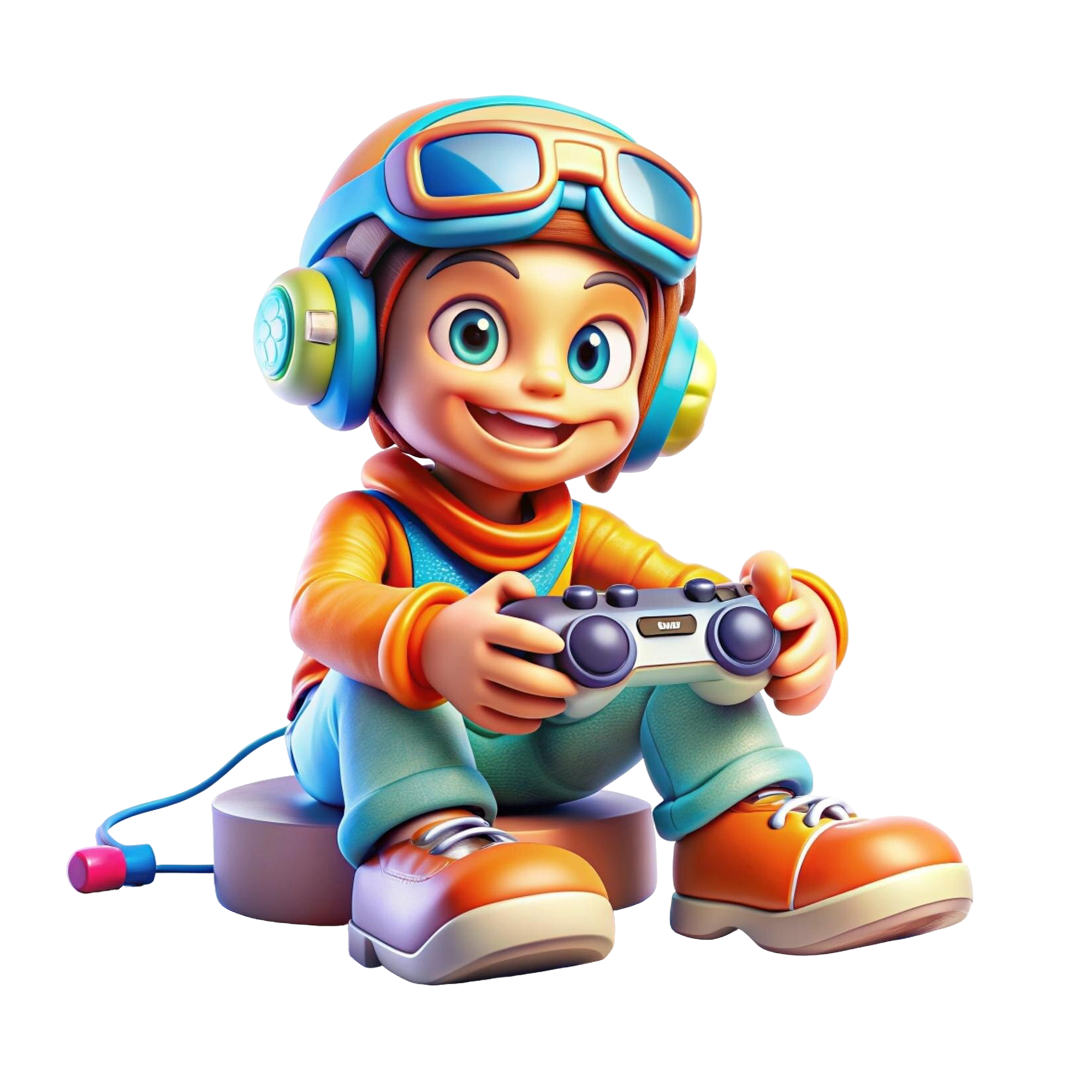
Top Media Instructors

19+ Years
of Expertise
of Expertise
K
STUDENTS ENROLLED
K
CLASS COMPLETED
%
JOB PLACEMENT
+
YEARS OF EXPERTISE
2008
TRUSTED SINCE
Who Can Join Our Game Development Training?
Ready to Launch Your Career in Game Design & Development? Book Your Free 30-Minute Career Counseling Session and Discover How This Course Can Shape Your Future in Game Art, Programming, and Interactive Storytelling!
Students
Aspiring game designers and developers.
Freshers
Freshers Looking to start a career in game development.

Freelancers
Freelancers Wanting to expand into game development.

Professionals
From IT/tech/design aiming to transition or upskill.

Entrepreneurs
Interested in launching game studios or products.
What is Game Development and Why Is It a Game Changer in Modern Entertainment?
Game Development is a dynamic process of designing, building, and producing interactive digital experiences using coding, storytelling, animation, and immersive technology. It combines artistic creativity with technical expertise to bring virtual worlds to life across mobile, PC, console, and VR platforms.
From indie games to AAA blockbusters, game development plays a vital role in shaping the future of entertainment and interactive media. It empowers creators to craft compelling stories, realistic gameplay, and engaging environments that captivate global audiences. Whether you’re passionate about coding, design, or storytelling, mastering game development unlocks a world of innovation, creativity, and career opportunities.



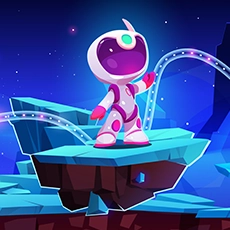
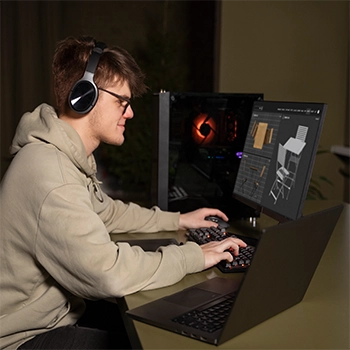
Why Our Game Development Courses Are the Best in Chennai
Gain hands on experience with Unity and Unreal, learn from industry experts, and build a professional game portfolio. Our course combines cutting edge tools, real-world projects, and career-focused training to help you become a job-ready game developer.
- Expert Led Training
- Real World Projects
- Learn Tools like Visual Studio, Blender, ZBrush and Houdini
- Flexible Learning at Your Own Pace - Weekday, Weekend & Online classes available
- Certificate of Completion upon successful course completion
- The certificate will recognize proficiency in game development course
- Job Placement Assistance
- One-on-One Personalized Learning
- Official Course Certificate
- Affordable Fees at EMI
- Scholarship Facility
- Industry Work Experience
- Game Development Training
- Professional Green Matte & Film Cameras
- Professional Audio Recording Studio Setup
Why Choose Game Development Courses At VFX
If you’re passionate about game development and eager to bring your ideas to life, our courses are the perfect way to get started! Learn essential skills like coding, game mechanics, and design, and turn your vision into reality. Join us today and begin your journey in the exciting world of game creation.
Industry-Relevant Curriculum
Learn Unity, Unreal, Blender, and AI tools like Midjourney to build games from concept to launch.
Expert Faculty with Industry Experience
Create playable levels, characters, and environments for your professional portfolio.
Hands-On Projects & Live Assignments
Get mentored by developers who’ve worked on real games and studio projects.
Career Support & Freelancing
Launch your Game dev career with expert support, portfolio tips, and freelance guidance.
Schedule a Callback
Facts
Why Learn Game Development ?
Learning game development opens up a world of exciting opportunities for those interested in the intersection of technology, creativity, and entertainment. It provides you with the skills to design, develop, and bring interactive experiences to life, whether through mobile apps, console games, or virtual reality. As a rapidly growing industry, game development offers diverse career paths, including roles as a game designer, programmer, artist, sound engineer, or tester. Mastering game development equips you with knowledge of programming languages, game engines like Unity or Unreal, 3D modeling, and more. Moreover, it fosters problem-solving, teamwork, and creative thinking. Whether you dream of creating your own games or working for top studios, learning game development enables you to be part of an innovative, ever-evolving field with immense potential for growth and creativity.
Build Your High Demand Game Development Career in Just 5 Months
Learn Industry-Leading Game Development Tools, Design Captivating Games, and Build a Job-Ready Portfolio at Our Chennai Campus
- Learn Directly from Creative Experts
- Get Mentored by Industry Professionals
- Unlock Insider Secrets to Kickstart Your Design Career
- Dive Into Hands-On Studio Training
- Industry Work Experience
- 100% Job Oriented Curriculum
- 5000+ Hiring Companies
100% Placement Record
Unlock Your Creative Power With Professional Game Development Tools










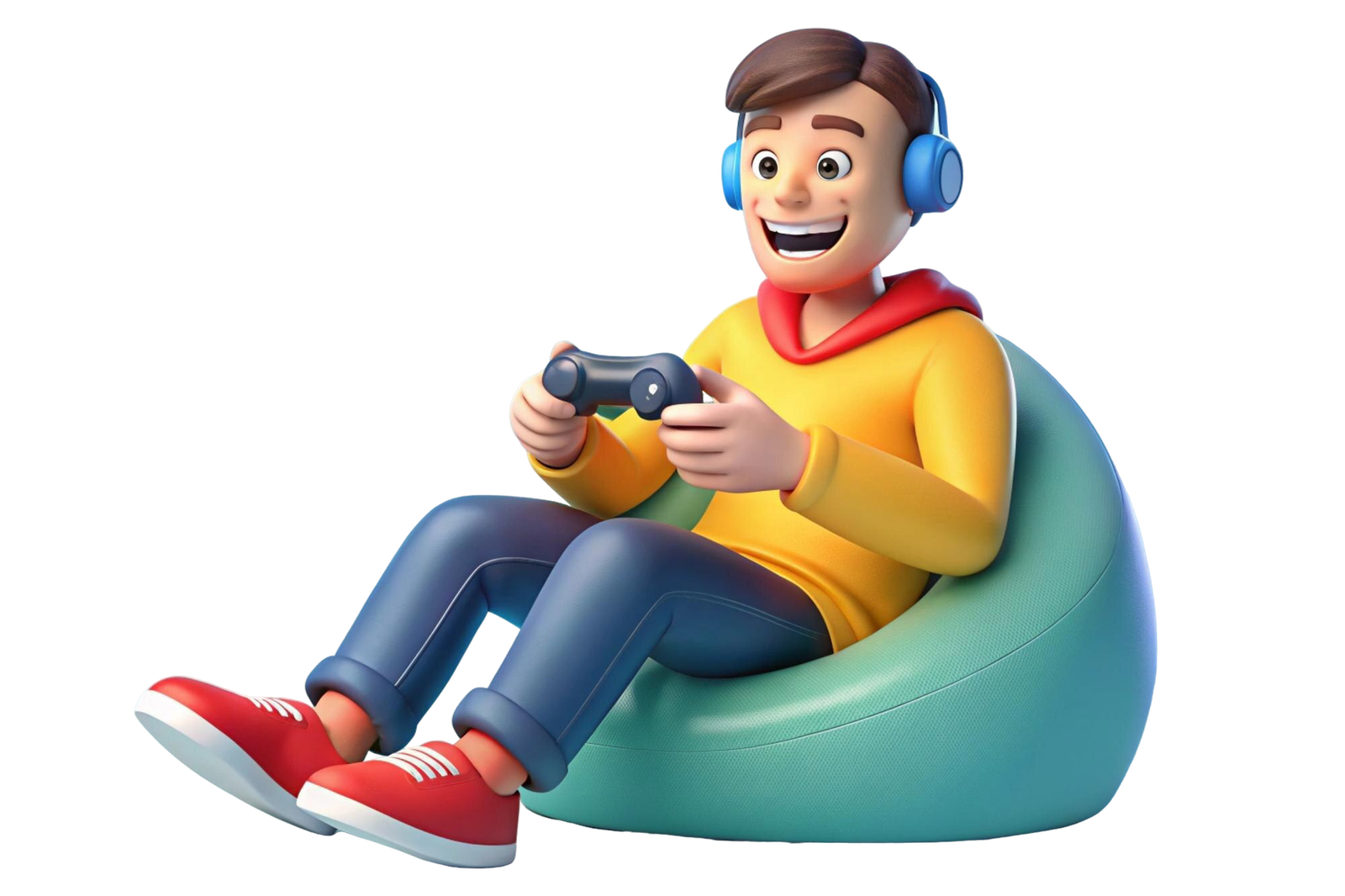
Game Development Course Syllabus with Real World Projects & Tools
Module 1: Advanced Unreal Engine Fundamentals
- Deep Dive into Unreal Engine’s Architecture
- Advanced Blueprint Programming
- Working with Unreal’s Editor
Module 2: C++ Programming in Unreal Engine
- Unreal C++ Essentials for Advanced Development
- Unreal Engine’s Object-Oriented Programming (OOP)
- Advanced Data Management`
Module 3: Game Mechanics and AI Systems
- Advanced AI Programming
- Physics and Gameplay Programming
Module 4: Unreal Engine's Graphics and Visual Effects
- dvanced Rendering Techniques
- Creating and Integrating Shaders
- Visual Effects (VFX) and Particle Systems
- Advanced Animation Systems
Module 5: Networking and Multiplayer
- Unreal Engine Networking Basics and Architecture
- Advanced Multiplayer Features
- Integrating Third-Party Online Services
Module 6: Game Optimization and Performance
- Optimizing Unreal Engine Games for Performance
- Rendering Optimization
- Mobile Game Optimization
Module 7: Virtual Reality (VR) and Augmented Reality (AR)
- Introduction to VR/AR in Unreal Engine
- VR/AR Gameplay Programming
Module 8: Game Publishing and Distribution
- Preparing Games for Distribution
- Testing and Debugging in Unreal Engine
- Post-Launch Support
Module 9: Game Development Capstone Project
- Working on a complete game development project (single-player or multiplayer)
- Designing, programming, and optimizing a game from concept to prototype
- Collaborative project work with teammates or solo development
- Finalizing and presenting the completed game to instructors or industry professionals
As Part of This Course, You’ll Engage with the Following Project
Explore, experiment, and express through every project
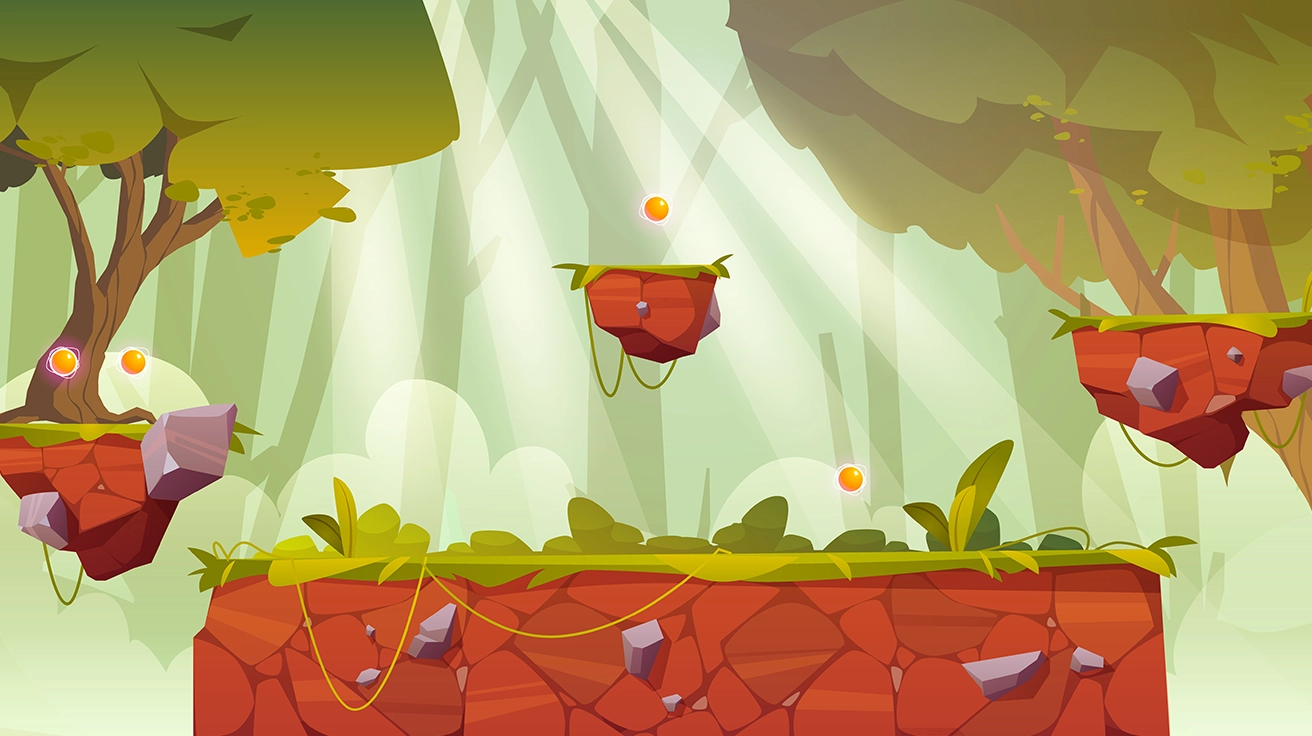
2D Platformer Game Prototype
Design a side-scrolling platformer with level layouts, obstacles, enemies, and collectibles. Focus on core mechanics like jumping, collisions, and scoring.
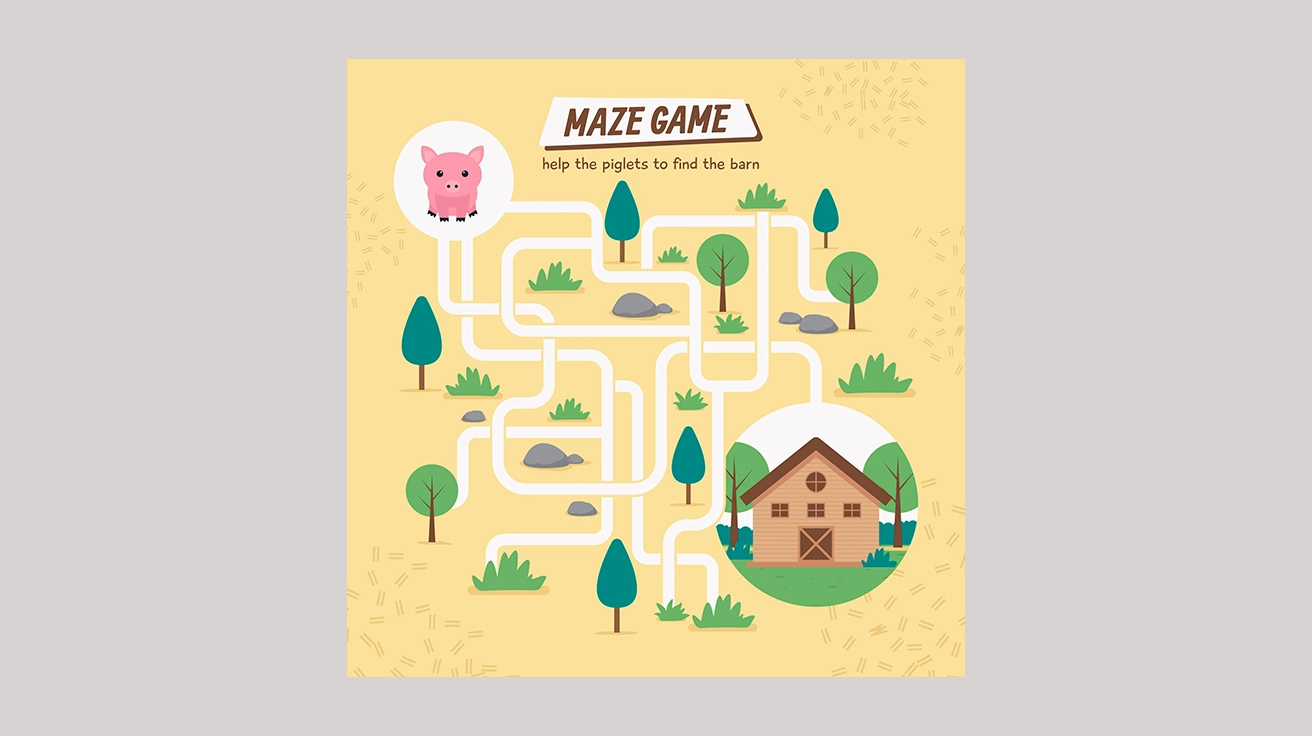
Puzzle Game Design Document (GDD)
Create a full Game Design Document outlining gameplay mechanics, UI flow, difficulty levels, and monetization model for a mobile puzzle game
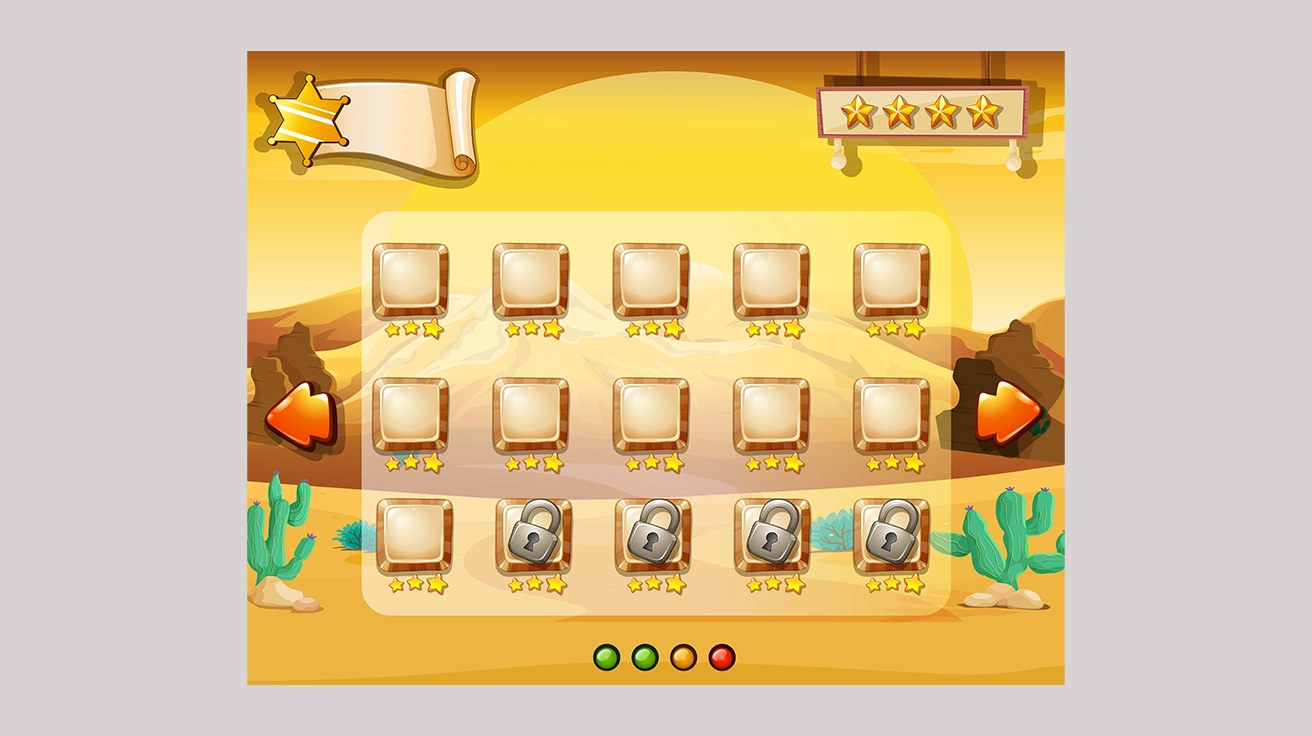
Level Design Challenge
Design and prototype 2–3 levels using Unity or Unreal. Emphasize player progression, balance, and exploration.
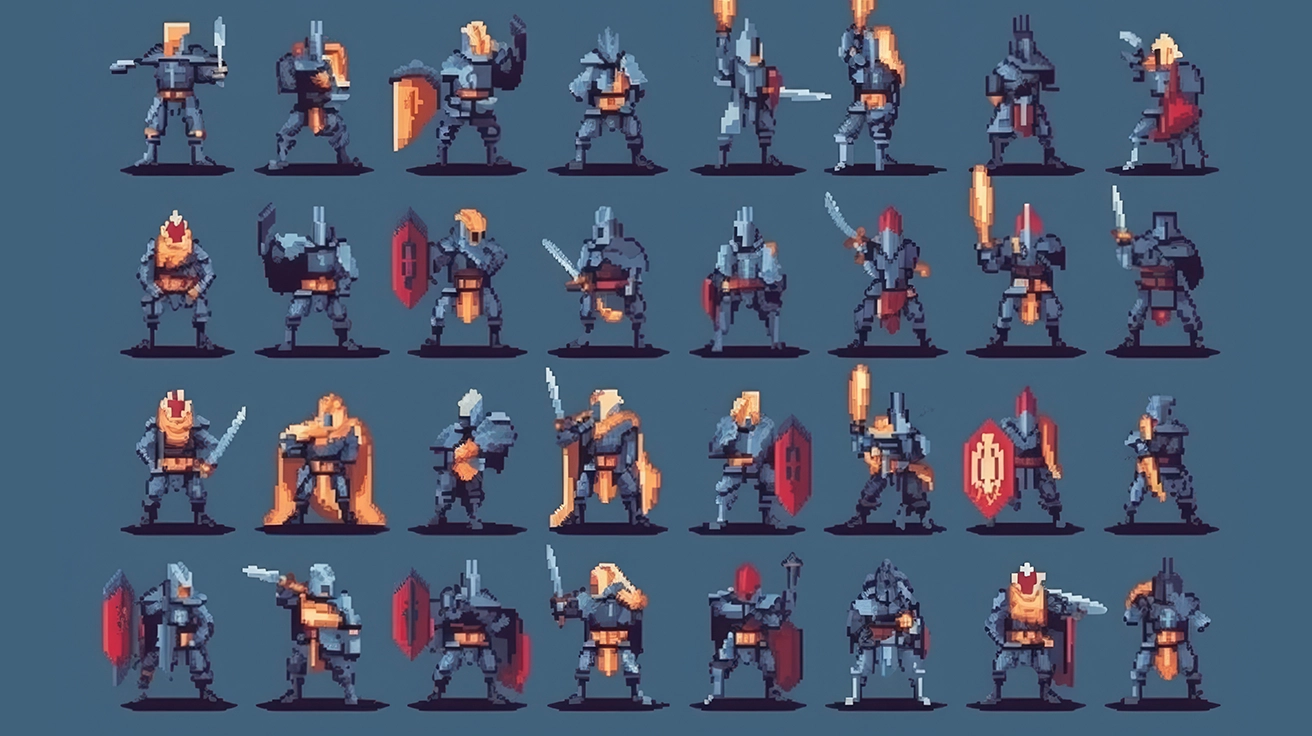
Character Design & Backstory
Conceptualize and sketch a game character, including appearance, skills, behavior, and story arc. Optional: model in Blender.
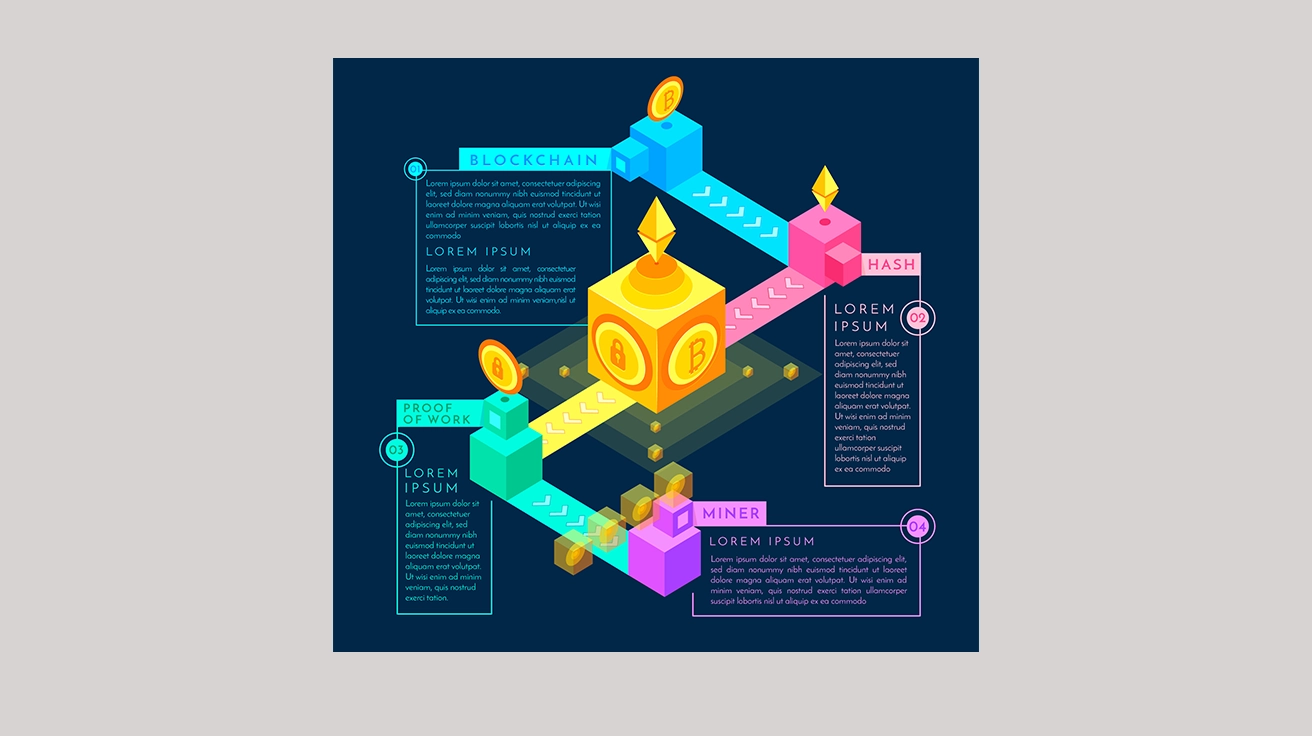
Multiplayer Game Flow Diagram
Design the core logic and UI flow for a basic multiplayer game (e.g., capture the flag or co-op survival). Showcase how users interact and progress.
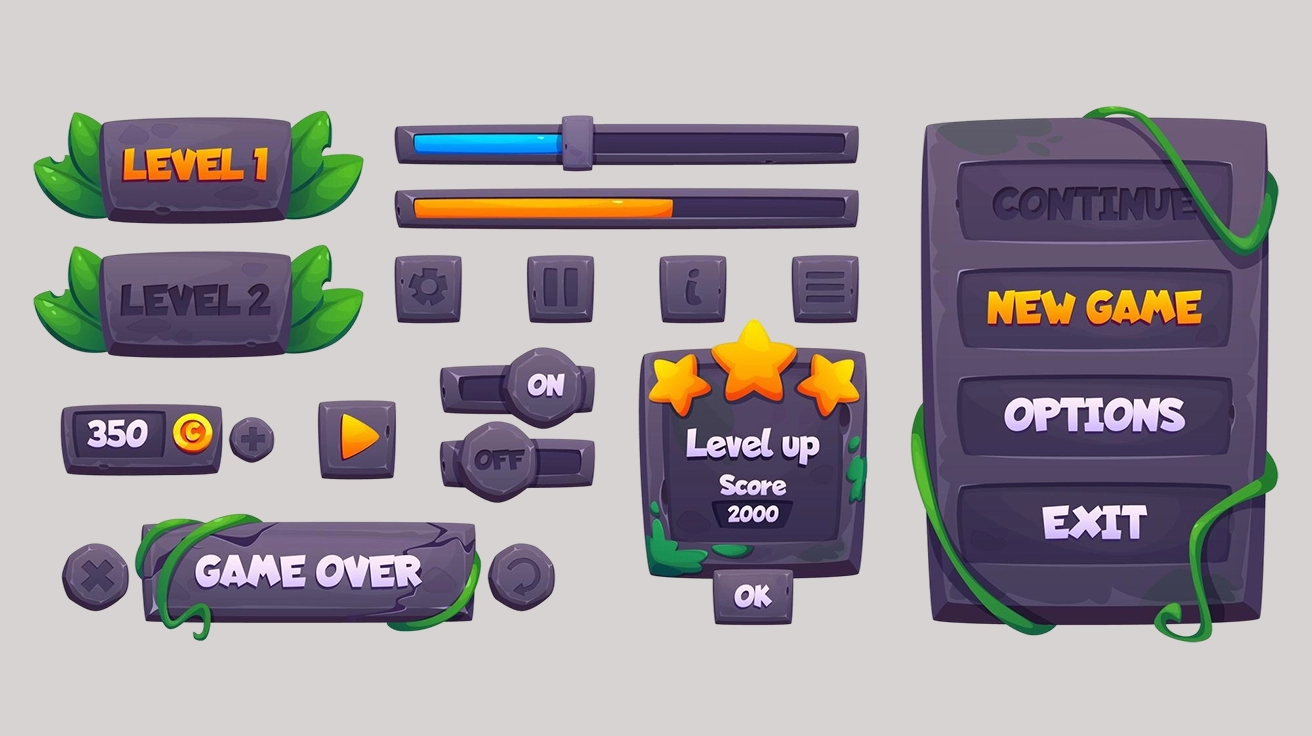
Game UI/UX Wireframe
Design wireframes and mockups for a game menu, HUD (health, score), and pause screen using Figma or Adobe XD.
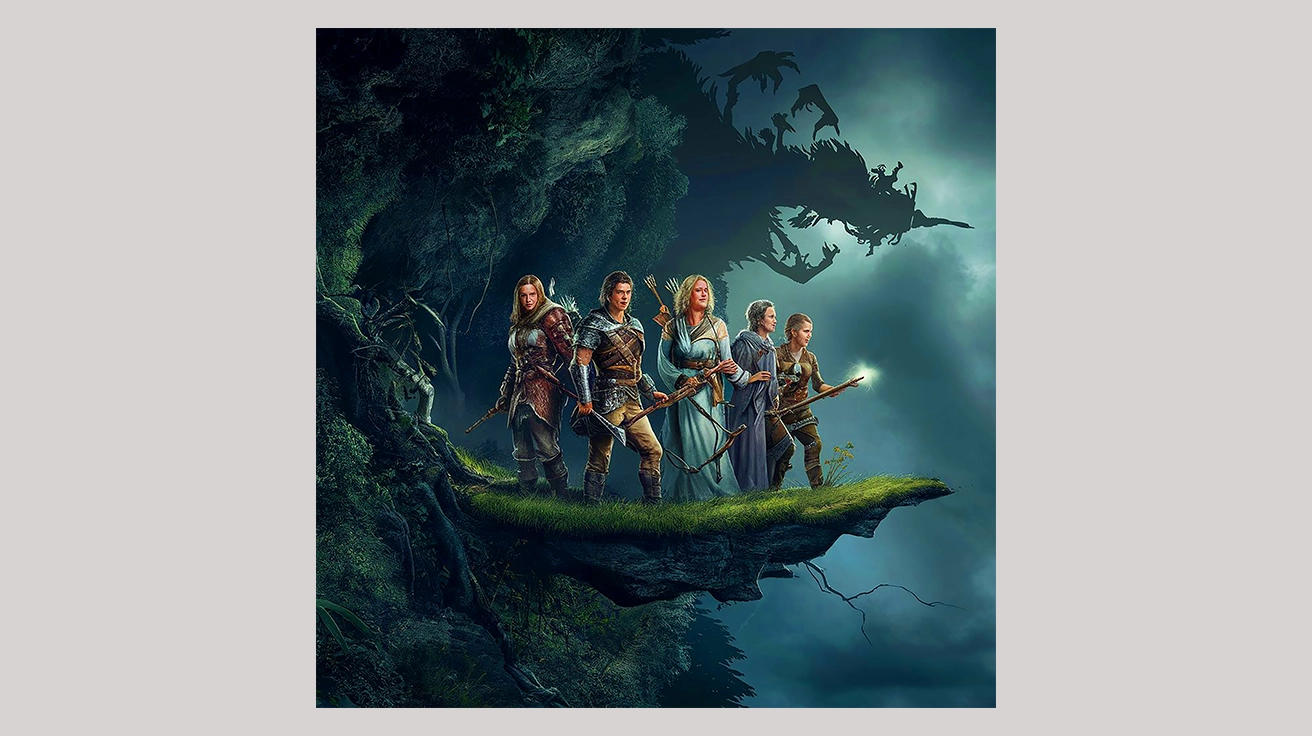
Mini RPG or Adventure Game
Create a short interactive game with dialogue, inventory, and quest mechanics. Focus on storytelling and environment design.
Game Development Course
Certification & Career Support
Get certified with an industry-recognized credential. Receive full career support including portfolio building, job leads, and mentorship.
Certifications
Foundation Certificate in Game Development
Beginner Level – Learn the Core Concepts of Game Design, Visual Scripting, and Programming to Build Simple, Playable Games from Scratch.
Professional Diploma in Game Development
Expert Level – Master Full-Cycle Game Development, from Concept to Launch, with Advanced Training in AI, Physics, Multiplayer Systems, and Portfolio-Ready Projects for the Gaming Industry.
Career Opportunities & Guidance
- Game Designer
- Game Developer / Programmer
- 3D Modeler / Environment Artist
- Technical Artist
- Game Animator
- AI Programmer
- Gameplay Programmer
- Game Monetization Specialist
- Shader Programmer
- Sound Designer / Audio Engineer
- Level Designer
- Game Producer / Project Manager
- Game Tester / QA Engineer
- Game UI/UX Designer
- Game Marketing and Community
- Game Writer / Narrative Designer
- Game Security Specialist
- Game Publisher
Basic
Game Development Course
Perfect for Beginners Starting Their Game Design Journey in 5 Months
Kickstart Your Journey in Game Development with Easy-to-Follow Lessons, Hands-On Projects, and Essential Tools to Master the Basics of Game Design and Coding.
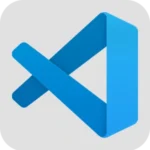
Visual Studio

Photoshop

Blender

Audacity
professionals
Game Development Course
For Professionals Aiming to Master High-End Game Design & Development Skills in 9 Months
Advanced Game Development Techniques with Real-Time Projects, Industry Tools Like Unity & Unreal, and Build a Professional Portfolio to Land Studio-Ready Roles.

Visual Studio

Blender

Unreal Engine

Substance Painter

Photoshop

Houdini 3d

After effect

ZBrush
webflow
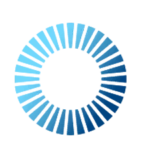
Photon Engine

Audacity
Experience our Infrastructure
Studio-Style Learning with VFX
At VFX, You Don’t Just Learn Game Design-You Bring It To Life.
Batch sizes limited to ensure 1-on-1 attention
Instructors from real design studios and agencies
24/7 student support with mentoring and career advice
Updated syllabus aligned with 2025 industry trends
Learn game design the way it’s done in the real world. Each project mirrors industry standards from gameplay concepts and mechanics to level design and user flow. You’ll work from design briefs and player personas to production ready prototypes. Through live reviews, peer critiques, and expert mentorship, you’ll master the entire game design process from ideation to playtesting.
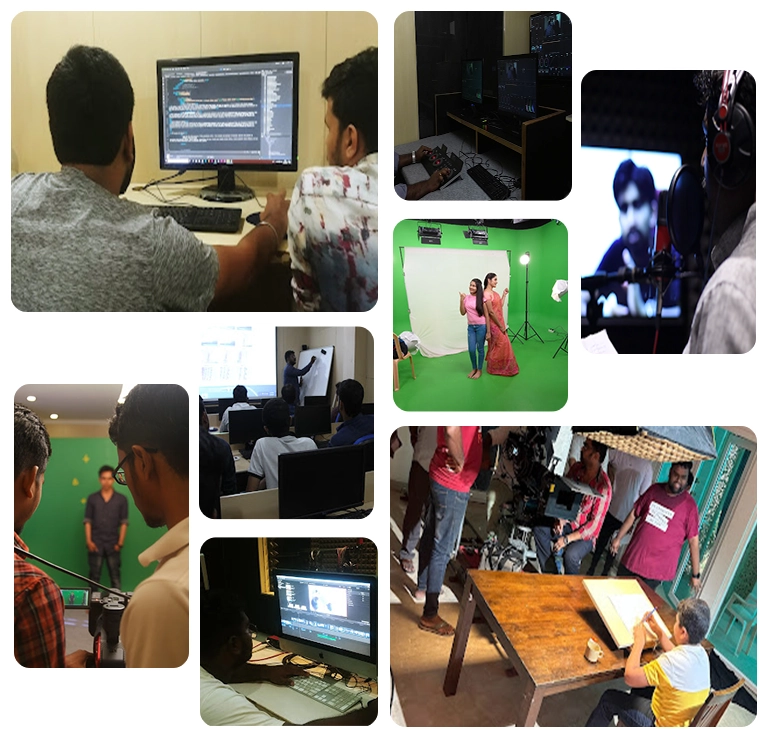
Learn from the Best
Expert Instructors & Flexible Learning at Your Fingertips
Meet Our Expert Instructors:
Learn from seasoned professionals with real-world experience in game mechanics, level design, and interactive storytelling. Our instructors bring hands-on insights from the gaming industry, offering mentorship that helps you grow both creatively and professionally as a game designer.
Flexible Learning Options:
Weekday Batches
Morning and evening sessions.
Online Classes
Live instructor-led sessions.
Weekend Batches
For working professionals.
Offline Classes
At our Chennai campus.
OUR Game Development COURSE BENEFITS & OUTCOMES
Our Game Development Course is designed to give you hands-on experience with industry-standard tools like Unity, Unreal Engine, and Blender. From mastering game mechanics and design principles to building your own 2D and 3D games, every module is focused on helping you create real, playable projects. You’ll also explore AI-powered tools like Midjourney for concept art, adding a modern edge to your game design process.
Guided by expert mentors with real-world industry experience, you’ll receive personalized feedback, portfolio reviews, and career advice. Whether you’re aiming to join a game studio or start freelancing, our career support and project-based learning approach ensure you’re job-ready and creatively confident
Game Development Course Fees Structure
-
Expert Led Training
-
Real World Projects
-
One-on-One Personalized Learning
-
Learn Professionals Tools like Visual Studio, Blender, Unreal Engine, Substance Painter, Photoshop, Houdini 3D, After Effect, ZBrush, Webflow, Photon Engine & Audacity
-
Course Duration- 9 Months
-
Weekday Batches: Monday, Wednesday, Friday (10:00 AM - 7:00 PM)
-
Weekend Batches: Saturday, Sunday (10:00 AM - 1:00 PM)
Placement Guidance
Our Placement Guidance Is Designed To Connect You With Top Game Studios, Animation Companies, And Interactive Media Firms Seeking Skilled Game Designers.
How We Prepare You for Success
- Learn From Certified Game Design Professionals In Chennai
- Work On Live Projects Covering Level Design, Character Design, And Gameplay Mechanics
- Build A Professional Game Design Portfolio Showcasing Concept Art, Prototypes
- Get Expert Feedback To Refine Your Creativity, Storytelling, And User Experience Design
- Attend HR, Technical, And Creative Game Design Mock Interview Sessions
- Receive Tailored Job & Freelance Placement Opportunities With Leading Game & XR Studios
OUR RECRUITERS
Secure your Future with Our Recruiters
Your dream job is closer than you think — We make you Equipped enough to get you there sooner.








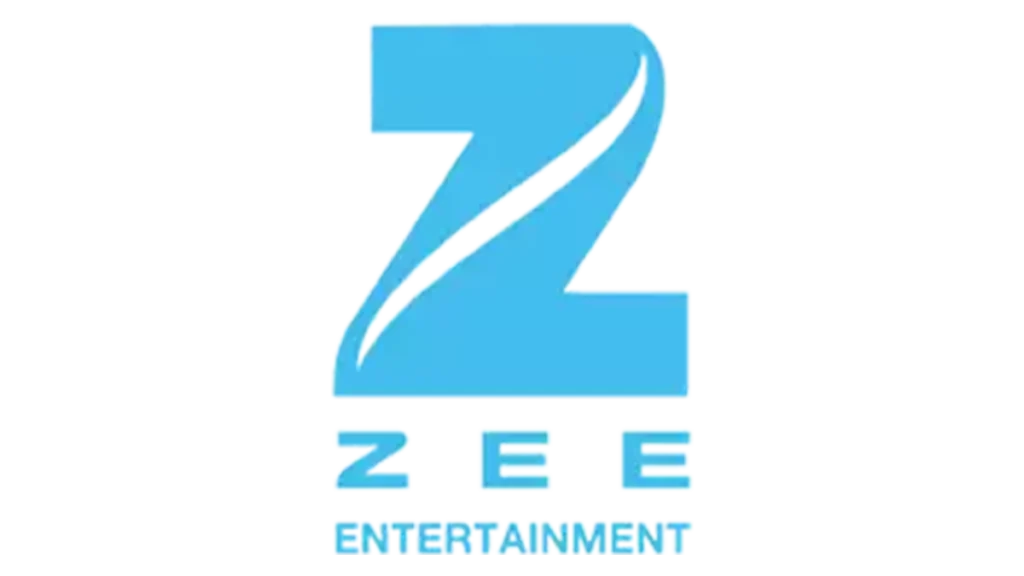




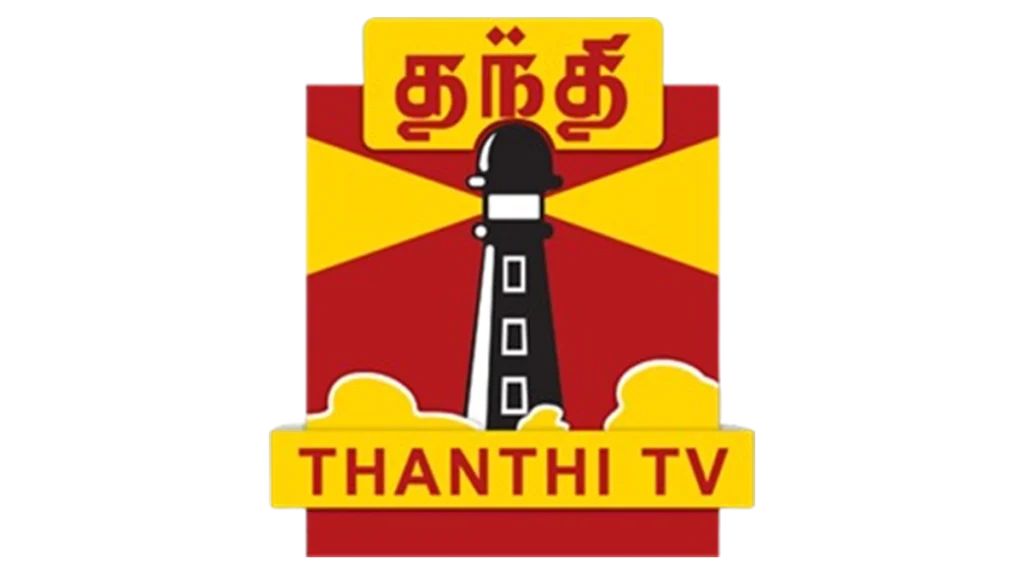




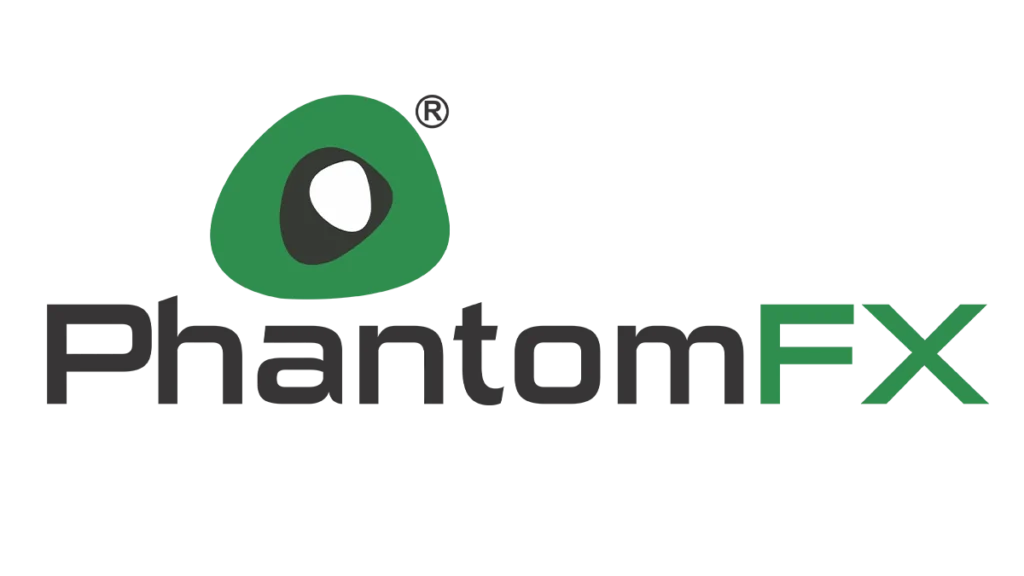

Students Testimonials
Our alumni share stories of growth, transformation, and the lifelong impact of their journey with us.

Indiyanathan
Motion Designer
I am Studying *GAME DEVELOPMENT* course in *VFX* Institute. I have enquired in many Institutes in that *VFX* is the best i have seen. Faculties Explaining the class Easily and well experienced in the gaming field. They guide the students to give an awesome portfolio for getting placements. They help me to develop my specialization skills.
Our Students Works
Step into a world of opportunities – Be part of these exciting projects and so much more
Frequently Asked Questions (FAQ)
What will I learn in a game development course?
In a game development course, you’ll gain essential skills needed to create games, from programming and coding to game design and development. You’ll learn how to use industry-standard tools like Unity or Unreal Engine, create 3D models, understand game mechanics, and optimize performance. Our curriculum is designed to provide a well-rounded education, ensuring you’re equipped with the knowledge to pursue a career in game development.
Is prior programming knowledge required to enroll?
No, prior programming knowledge is not required to begin a game development course. Many courses, especially beginner ones, start with the basics, introducing you to programming concepts, tools, and workflows used in game creation. As you progress, the content becomes more advanced, allowing you to build on your knowledge step by step.
How long does a typical game development course take?
The duration of a game development course can vary depending on the course level and the institution offering it. Introductory courses may last a few months, while more advanced or specialized programs could take longer. Flexible learning options, including part-time or online courses, are also available to accommodate different schedules.
What types of jobs can I pursue after completing game development training?
After completing a game development course, you can pursue a variety of roles within the gaming industry. Some common career paths include game developer, game designer, 3D artist, level designer, and game programmer. Advanced courses may also prepare you for more specialized roles like AI developer or game engine developer. Many graduates go on to work in both indie studios and large gaming companies.
Do I need to have a background in art or design to take a game development course?
While having a background in art or design can be helpful, it is not a requirement for most game development courses. You’ll be taught the foundational skills needed to create and develop games. Some courses may offer modules that cover graphic design or 3D modeling, but the focus will generally be on programming, game mechanics, and the technical aspects of game creation.
Can I learn game development online?
Yes, many game development courses are available online, allowing you to learn at your own pace. Online programs are a great option for those with busy schedules, as they offer flexibility and the ability to learn from anywhere. You’ll still have access to instructors, project-based learning, and resources to help you succeed.
What software will I use in game development training?
In game development training, you will work with a variety of software tools, depending on the course and focus area. Common tools include Unreal Engine, Unity, Blender, and Maya for 3D modeling, as well as Visual Studio for programming. These tools are industry-standard and widely used in the game development world.
Are game development courses suitable for beginners?
Yes, many game development courses are designed with beginners in mind. They introduce you to the basics of coding, game design, and development, gradually building your skills as you move through the course. Even if you have no prior experience, you’ll be guided through each concept step by step.
How can I build a portfolio during my game development course?
building a strong portfolio is a key part of your game development journey. Throughout the course, you will work on practical, hands-on projects, including game design, programming, and 3D modeling. These projects will form the foundation of your portfolio. You’ll have the opportunity to showcase your skills by creating real-world games, game assets, and levels that demonstrate your technical and creative abilities. Our instructors provide feedback and guidance, ensuring that your portfolio stands out to potential employers in the competitive game development industry.
Will I get job assistance after completing the game development course?
At VFX, we provide comprehensive job assistance to help you launch your career in game development. Our dedicated career services team supports you in building a strong resume, preparing for interviews, and connecting you with top industry recruiters. We also offer internship opportunities to help you gain real-world experience, and our strong network within the gaming industry opens doors to job placements. With our hands-on training and industry-relevant projects, you will be well-prepared to pursue a career in game development and design.
What is the difference between game development and game design?
While both game development and game design are integral to creating games, they focus on different aspects of the process. Game design refers to the conceptual and creative side, such as planning the gameplay, creating the story, designing characters, levels, and mechanics. Game development, on the other hand, involves the technical aspect of bringing the design to life, including coding, programming, and building the game’s infrastructure. Game designers work on the vision and experience of the game, while game developers implement that vision through technology.




